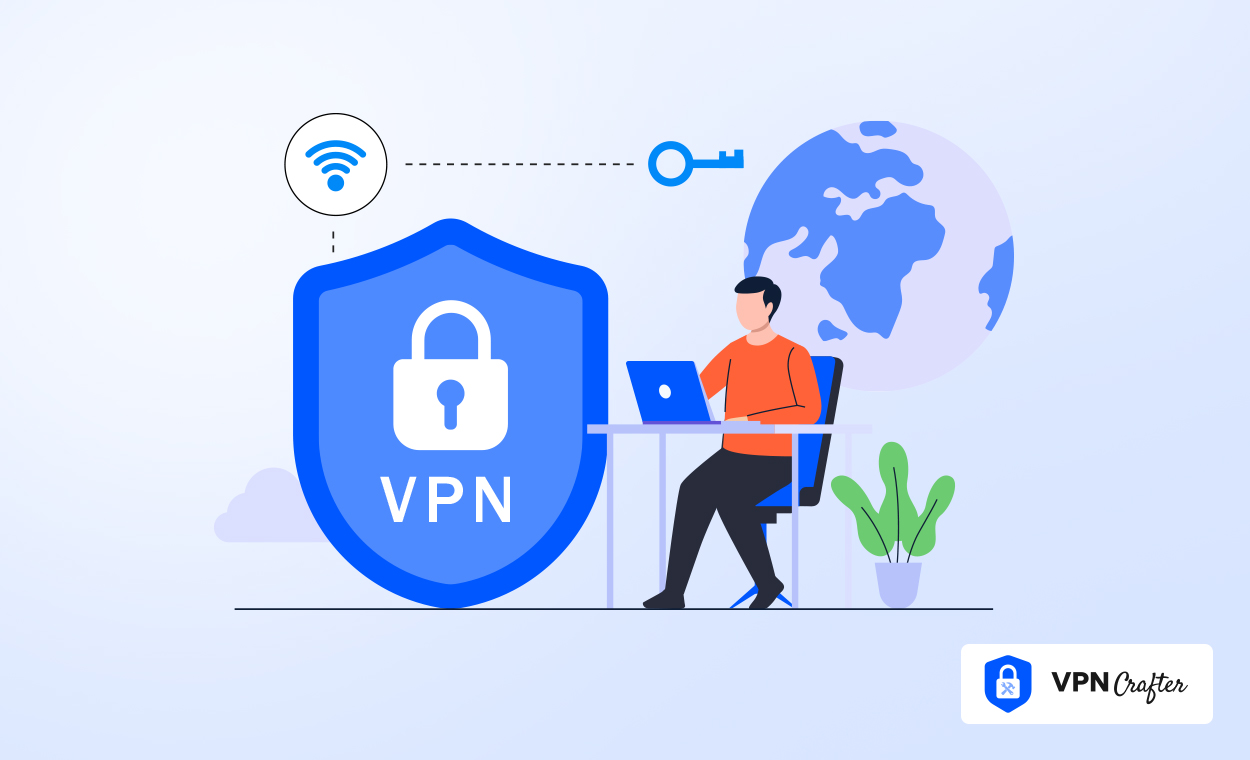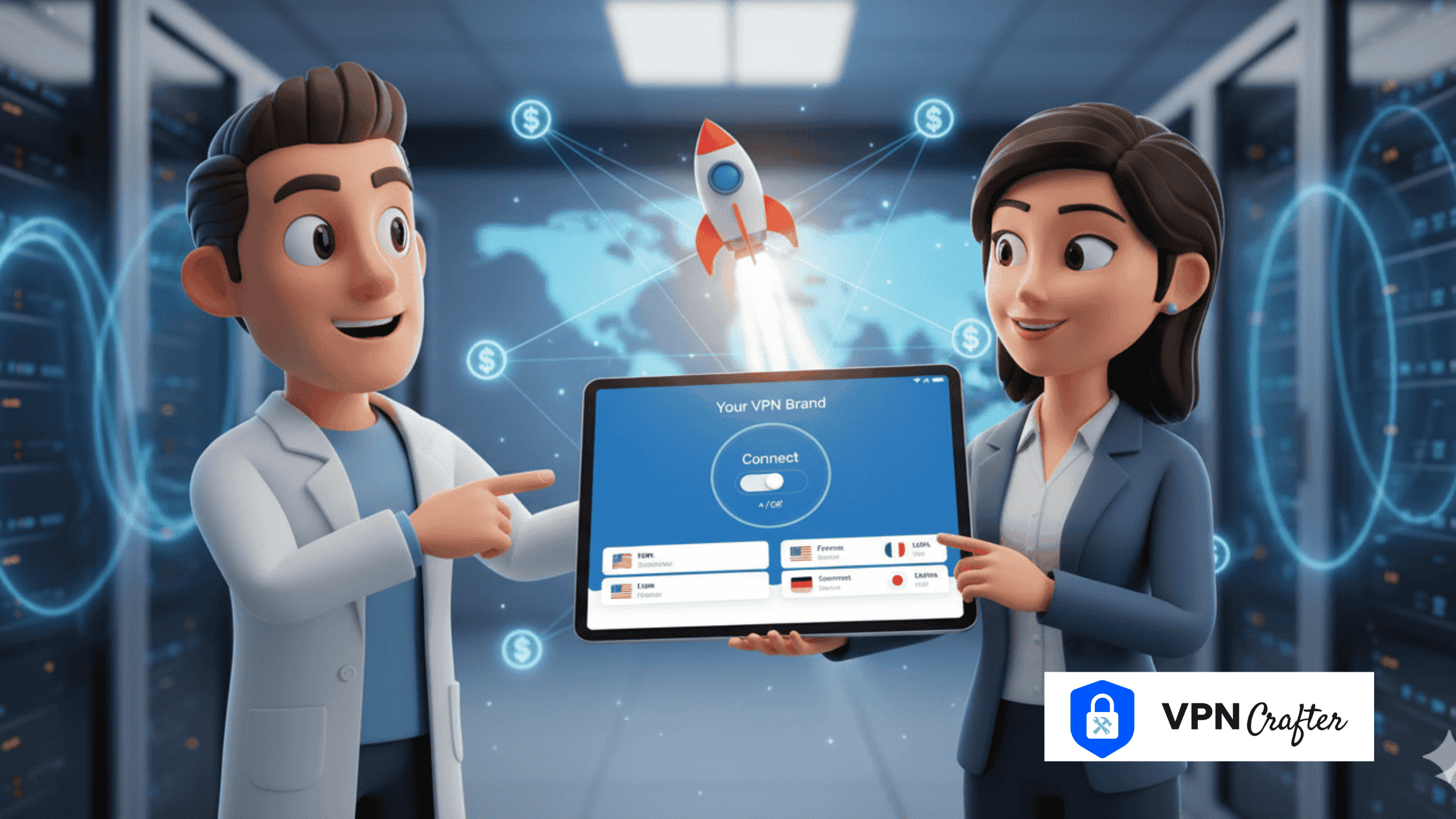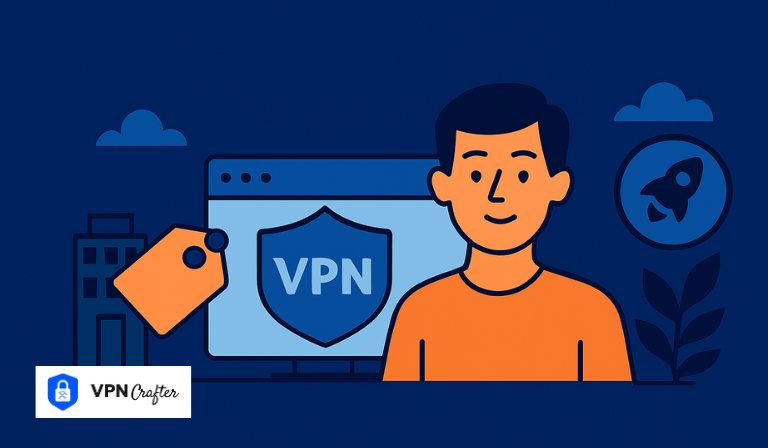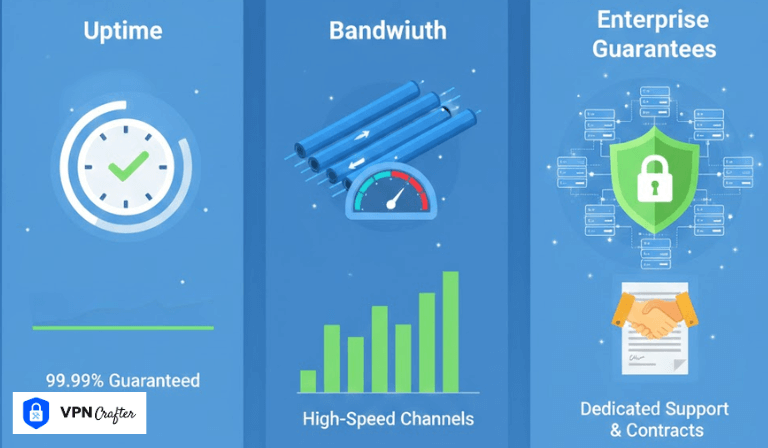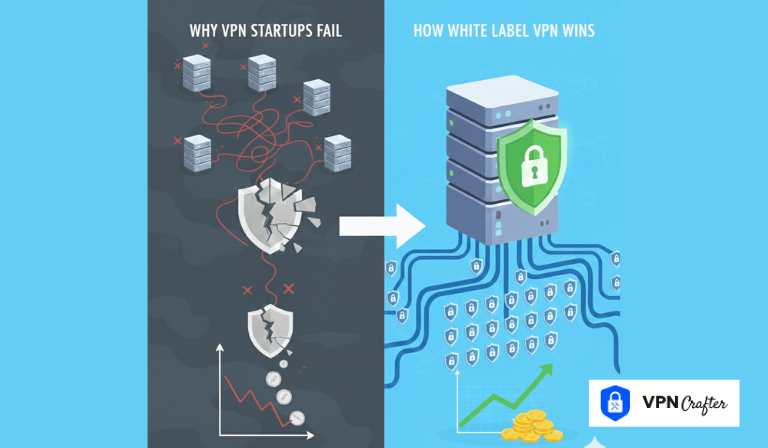In today’s digital age, remote access is essential for many. Security and privacy are key concerns.
Finding the best VPN solution for remote access can be tricky. With so many options, making the right choice seems overwhelming. A VPN, or Virtual Private Network, helps you connect securely to another network over the internet. It’s like a private tunnel for your data.
This is especially important for remote workers who need to access company resources safely. In this post, we’ll explore what makes a good VPN for remote access. We’ll look at features, security measures, and ease of use. This guide will help you find a VPN that fits your needs and keeps your information secure. Let’s dive in.

Credit: www.fortinet.com
Introduction To Vpns
In today’s digital world, staying connected securely is more important than ever. Whether you’re working from home or accessing your company’s network from a coffee shop, having a reliable VPN solution can make all the difference. But what exactly is a VPN, and why is it so essential for remote access? Let’s dive in.
What Is A Vpn?
A Virtual Private Network, or VPN, is a service that creates a secure, encrypted connection over the internet. Think of it as a tunnel between your device and the internet. This tunnel ensures that all your data travels safely and is protected from prying eyes. Imagine you’re sending a secret letter through a locked box; only you and the recipient have the key.
Importance Of Vpns For Remote Access
So why is a VPN crucial for remote access? Here are a few reasons:
- Security: When working remotely, you often use public Wi-Fi networks. These networks are not always secure. A VPN encrypts your data, making it unreadable to anyone who might try to intercept it.
- Privacy: A VPN hides your IP address, which means your online activities are private. No one can track what websites you visit or what data you send and receive.
- Access to Restricted Content: Sometimes, you might need to access content that is not available in your region. A VPN can make it seem like you’re browsing from a different location, giving you access to that content.
- Consistent Connection: VPNs can provide a stable connection, reducing the risk of getting disconnected from your work tasks.
Imagine working on an important project from a beachside café. With a VPN, you can focus on your work without worrying about hackers or unauthorized access. It’s like having a digital bodyguard by your side.
In conclusion, VPNs are not just a luxury but a necessity for anyone who values their online security and privacy. In the next sections, we will explore the best VPN solutions available for remote access. Stay tuned!
Key Features Of A Good Vpn
Choosing the best VPN for remote access can feel like finding a needle in a haystack. With so many options, how do you know what really matters? Well, let’s break it down. Here are the key features you should look for in a good VPN. These features ensure your online activities stay secure, speedy, and seamless.
Security And Encryption
When it comes to VPNs, security is king. You wouldn’t want your private data floating around the web, right? A good VPN uses strong encryption to keep your information safe. Look for features like:
- AES-256 Encryption: This is the gold standard. It’s virtually unbreakable.
- Kill Switch: This feature cuts your internet connection if the VPN drops, keeping your data safe.
- DNS Leak Protection: Ensures your IP address isn’t accidentally exposed.
- No-Logs Policy: The VPN should not keep records of your online activities.
With these features, you can surf the web without a care in the world. Think of it as having a digital bodyguard.
Speed And Performance
No one likes a slow internet connection. A good VPN should enhance your online experience, not slow it down. Here’s what to look for:
- High-Speed Servers: Ensure the VPN offers fast servers, especially in your region.
- Unlimited Bandwidth: No one likes data caps. Make sure your VPN allows unlimited data usage.
- Server Locations: The more, the merrier. More server locations mean better chances of finding a fast connection.
Imagine trying to stream your favorite show, and it keeps buffering. Frustrating, right? With the right VPN, you won’t have to worry about that.
In conclusion, when selecting a VPN for remote access, focus on security and speed. These features ensure you stay safe online without compromising performance. So, next time you’re shopping for a VPN, keep these points in mind. You’ll be glad you did!
Top Vpn Providers
Choosing the best VPN for remote access is crucial. It ensures security, speed, and reliability. With many VPNs available, it can be confusing. This guide highlights top VPN providers. It focuses on their features and benefits. Let’s dive in.
Nordvpn
NordVPN is popular for its robust security. It offers military-grade encryption. This keeps your data safe from prying eyes. NordVPN has a vast server network. Over 5,000 servers in 60 countries. This ensures fast and reliable connections.
Its user-friendly interface is simple. Even beginners can navigate easily. NordVPN supports multiple devices. Use it on your phone, laptop, or tablet. It also offers a double VPN feature. This provides extra layers of security.
Expressvpn
ExpressVPN is known for its high-speed connections. It has servers in 94 countries. This ensures you get the best speeds. ExpressVPN uses strong encryption. This keeps your data private and secure.
The app is easy to use. It works on various devices, including routers. ExpressVPN also has a no-logs policy. This means your activities are never stored. The customer support is excellent. Available 24/7 to help you with any issues.
Setting Up A Vpn
Setting up a VPN (Virtual Private Network) for remote access might sound like a tech-heavy task, but it’s more straightforward than you think. Think of it as setting up a secure tunnel for your internet traffic. This tunnel helps protect your data from prying eyes. By the end of this guide, you’ll have a VPN that connects you to your work network from anywhere in the world. Ready? Let’s dive in!
Installation Guide
First things first, you need to install the VPN software. Here’s a simple guide to get you started:
- Choose a VPN Service: There are many VPN services available. Some popular options include NordVPN, ExpressVPN, and CyberGhost.
- Sign Up: Once you’ve chosen a VPN service, visit their website and sign up for an account. Many services offer free trials or money-back guarantees.
- Download the Software: After signing up, download the VPN software for your device. Most VPN services offer apps for Windows, Mac, iOS, and Android.
- Install the Software: Open the downloaded file and follow the installation instructions. It’s usually as simple as clicking “Next” a few times.
- Log In: Once installed, open the VPN app and log in with the account you created.
Configuration Tips
Now that you’ve installed the software, let’s configure it for optimal performance:
- Choose a Server Location: Select a server close to your physical location for better speed. If you need to access content from a specific country, choose a server in that country.
- Enable Kill Switch: This feature disconnects your internet if the VPN connection drops, ensuring your data isn’t exposed.
- Use Strong Protocols: OpenVPN and IKEv2 are secure protocols. Check your VPN settings and choose one of these for added security.
- Auto-Connect: Set your VPN to connect automatically when you start your device. This way, you’re always protected.
And there you have it! With these simple steps, your VPN is ready to use. Whether you’re working from a cafe in Paris or your home office, your data stays safe and sound. Isn’t that a relief? If you have any questions, drop them in the comments, and I’ll be happy to help!
Vpn For Different Devices
In today’s digital age, using a VPN (Virtual Private Network) is like having a secure tunnel for your internet traffic. It keeps your online activities private and safe from prying eyes. But did you know that VPNs work differently on various devices? Whether you’re using a laptop, smartphone, or any other gadget, there’s a VPN solution tailored just for you. Let’s dive into the world of VPNs for different devices and see how they can protect you online.
Vpn For Laptops
Laptops are our portable offices. We use them for work, browsing, and streaming. But, connecting to public Wi-Fi can be risky. That’s where a VPN comes in handy. Here’s why you need a VPN for your laptop:
- Security: VPNs encrypt your data, making it hard for hackers to access your information.
- Privacy: They hide your IP address, keeping your online activities anonymous.
- Access Restricted Content: VPNs can bypass geographical restrictions, letting you access content from different countries.
Choosing the right VPN for your laptop depends on your needs. For instance, if you need high-speed streaming, go for a VPN with fast servers. Here’s a quick comparison table for some popular VPNs:
| VPN Provider | Features | Price |
|---|---|---|
| NordVPN | High speed, No-log policy, 5000+ servers | $11.95/month |
| ExpressVPN | Fast servers, Strong encryption, 24/7 support | $12.95/month |
Vpn For Smartphones
Our smartphones are our constant companions. We use them for chatting, shopping, and even banking. But, using public Wi-Fi on your phone can expose your data to threats. A VPN can secure your smartphone in the following ways:
- Protection on the go: VPNs keep your data safe when you connect to public Wi-Fi at cafes, airports, or any other place.
- Prevent Tracking: They stop advertisers and websites from tracking your online behavior.
- Stay Anonymous: VPNs hide your real IP address, giving you privacy.
When selecting a VPN for your smartphone, look for a user-friendly app with strong security features. Here are some top picks:
- CyberGhost: Easy to use, great for beginners.
- Surfshark: Affordable, with unlimited device connections.
In conclusion, whether you’re using a laptop or a smartphone, a VPN is an essential tool for online security. Choose one that fits your needs and stay safe out there!

Credit: www.nsa.gov
Cost And Subscription Plans
When it comes to choosing the best VPN solution for remote access, understanding the cost and subscription plans is crucial. This can help you get the best bang for your buck while ensuring you have the security and features you need. In this section, we’ll explore the difference between free and paid VPNs, and highlight the best value plans available.
Free Vs. Paid Vpns
Many VPN services offer both free and paid versions. While free VPNs can be tempting, they often come with limitations. Free VPNs usually offer slower speeds, limited server options, and can sometimes compromise your privacy. Remember the saying, “You get what you pay for”? It definitely applies here.
Paid VPNs, on the other hand, provide a better overall experience. They offer faster speeds, a wider range of servers, and strong encryption to keep your data safe. Plus, they often come with additional features like ad blockers and malware protection. Investing a few dollars per month can make a huge difference in your online security and browsing experience.
Best Value Plans
When it comes to getting the best value for your money, some VPN services stand out from the crowd. Here are a few top picks:
- ExpressVPN: Known for its blazing-fast speeds and excellent customer support. Their annual plan offers the best savings.
- NordVPN: Offers a great balance of price and performance. Their two-year plan is particularly affordable.
- CyberGhost: Features an easy-to-use interface and a generous 45-day money-back guarantee. Their three-year plan is a steal.
Here’s a quick comparison to help you decide:
| VPN Service | Monthly Cost | Annual Cost | Special Features |
|---|---|---|---|
| ExpressVPN | $12.95 | $99.95 | 24/7 customer support, high-speed servers |
| NordVPN | $11.95 | $83.88 | Double VPN, CyberSec feature |
| CyberGhost | $12.99 | $47.88 | NoSpy servers, 45-day money-back guarantee |
Choosing the right VPN can feel like navigating a maze, but focusing on what you need and what you can afford makes the process easier. Do you need top-notch security for work? Or are you just looking to bypass geo-restrictions on streaming sites? Knowing your needs will guide you to the best plan. Remember, a small investment in a paid VPN can provide peace of mind and a better internet experience.
Common Issues And Solutions
When working remotely, a VPN (Virtual Private Network) is your best friend. It keeps your data safe and lets you access work files from anywhere. But even the best VPNs can have issues. Don’t worry though; we’ve got you covered. Let’s dive into some common problems you might face and how to solve them.
Connection Problems
One of the most frustrating issues is when your VPN won’t connect. It’s like trying to join a party, but the door is locked. Here’s how you can fix it:
- Check Your Internet: First things first, make sure your internet is working. Sometimes, it’s not the VPN’s fault.
- Restart Your Device: A simple restart can solve many tech issues. Give it a shot.
- Update Your VPN: Ensure you have the latest version of your VPN software. Updates often fix bugs.
- Change Servers: If one server isn’t working, try connecting to another one. It’s like changing lanes in traffic.
Speed Optimization
Speed is crucial when working remotely. Slow VPN speeds can make you feel like you’re stuck in quicksand. But don’t fret; there are ways to speed things up:
- Choose the Right Server: Connect to a server that is physically close to you. Less distance means faster speeds.
- Use Wired Connections: If possible, connect your device to the internet using an Ethernet cable. It’s faster and more stable than Wi-Fi.
- Avoid Peak Times: Just like a busy highway, VPNs can get crowded. Try using your VPN during off-peak hours.
- Upgrade Your Plan: Some VPNs offer faster speeds with premium plans. If speed is essential, it might be worth the investment.
Remember, every problem has a solution. By following these tips, you can ensure your VPN works smoothly. Happy surfing!
Maintaining Vpn Security
Keeping your VPN secure is crucial for remote access. Without proper security, your data can be at risk. Let’s explore some key practices to maintain VPN security.
Regular Updates
VPN software should be updated regularly. Updates fix security issues and improve performance. Always download updates from the official site. This ensures you have the latest security features. Set your VPN to update automatically if possible.
Best Practices
Follow best practices to keep your VPN secure. Use strong passwords and change them often. Enable multi-factor authentication for an extra layer of security. Avoid using public Wi-Fi without your VPN active. Public networks are less secure and can expose your data.
Regularly review your VPN settings. Ensure encryption is enabled and working. Monitor access logs to spot any unusual activity. Training employees on VPN security is also important. They should understand how to use the VPN correctly and securely.
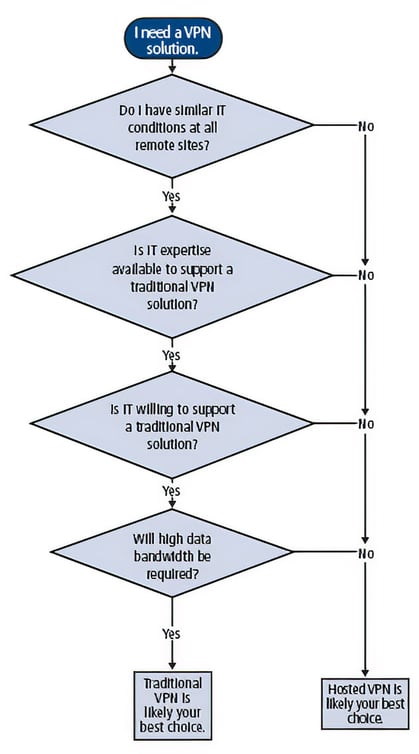
Credit: blog.isa.org
Frequently Asked Questions
Which Vpn Is Best For Remote Work?
NordVPN and ExpressVPN are top choices for remote work. They offer strong security, fast speeds, and reliable connections.
Can You Use VPN For Remote Access?
Yes, you can use a VPN for remote access. It secures your connection and protects data from unauthorized access.
Which Is The Best Vpn For Home Use?
The best VPN for home use is ExpressVPN. It offers fast speeds, strong security, and reliable connections. NordVPN is another top choice, known for its excellent privacy features and extensive server network. Both are user-friendly and highly recommended for home users.
What Is The Downside Of Having A VPN?
Using a VPN can slow down your internet speed. Some VPN services may log your data. VPNs might not work with all websites or services.
Conclusion
Choosing the best VPN for remote access can enhance your security. It ensures privacy and protects your data. Different VPNs offer various features that meet your needs. Consider speed, reliability, and ease of use. A good VPN improves your remote work experience.
Evaluate your options carefully and select the right one. Enjoy a secure, hassle-free connection. Stay safe and connected anywhere.
